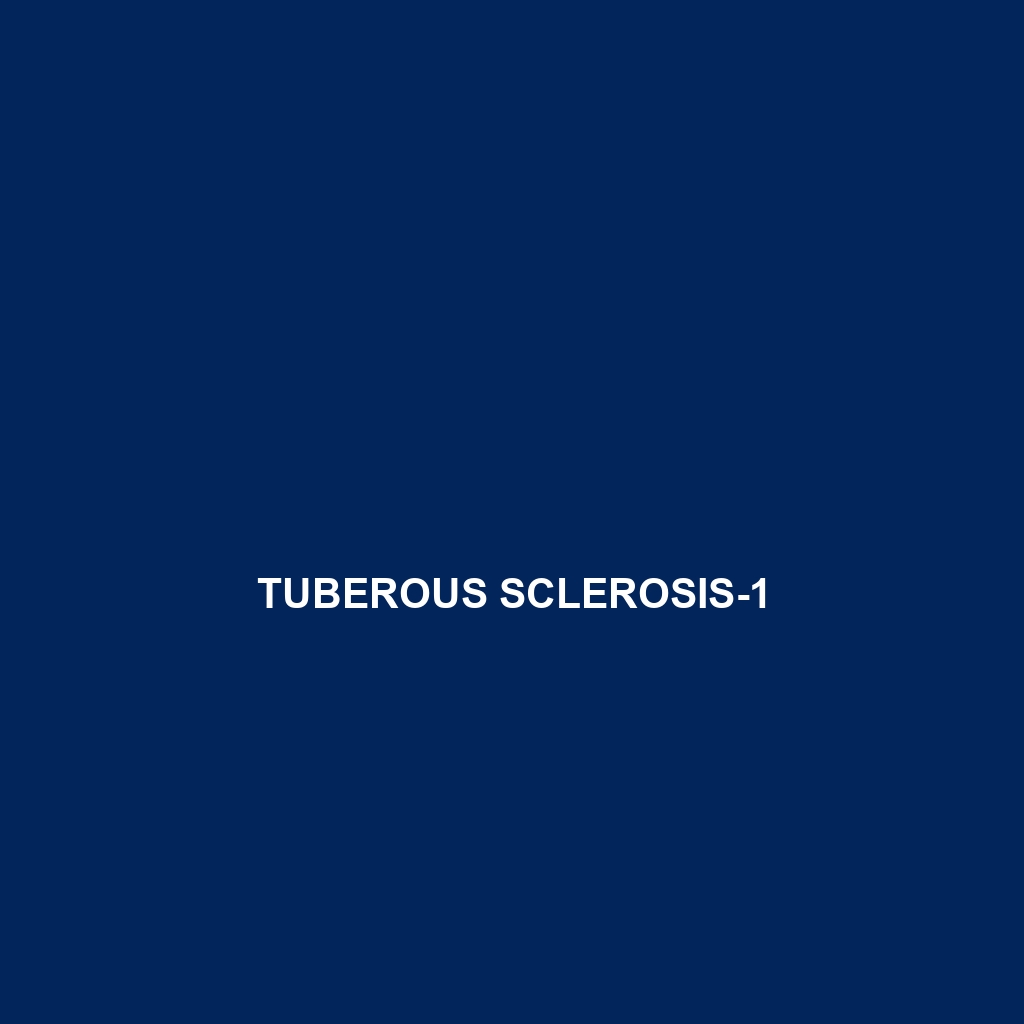Tag: seizures

West Syndrome
Discover the complexities of West Syndrome, a severe form of epilepsy affecting infants and young children, characterized by sudden muscle contractions and distinct EEG patterns. This informative post explores causes, symptoms, risk factors, and treatment options, emphasizing the importance of early intervention and support for families navigating this challenging condition.

Tuberous Sclerosis Complex
Discover the complexities of Tuberous Sclerosis Complex (TSC), a rare genetic disorder marked by non-cancerous tumors affecting various organs. This blog post delves into its causes, symptoms, diagnosis, and treatment options, while also addressing common myths and the importance of early intervention for improved quality of life. Learn about the resources available for individuals and…

Tuberous Sclerosis-1
Explore the complexities of Tuberous Sclerosis-1 (TSC1), a genetic disorder characterized by non-cancerous tumors affecting various organs. This blog post delves into its causes, symptoms, diagnosis, treatment options, and the importance of early intervention, providing valuable insights for those impacted by this rare condition. Discover personal stories and resources to support individuals and families navigating…
Spielmeyer-Vogt Disease
Spielmeyer-Vogt Disease: Definition and Description of Spielmeyer-Vogt Disease: Spielmeyer-Vogt Disease, also known as neuronal ceroid lipofuscinosis type 1 (NCL1), is a rare inherited neurodegenerative disorder. It primarily affects children and is characterized by the progressive loss of vision, intellectual decline, and other neurological symptoms. The disease falls under the family of lysosomal storage diseases, where…
Refractory Epilepsy
Refractory Epilepsy: Definition and Description of Refractory Epilepsy: Refractory epilepsy, also known as drug-resistant epilepsy, is a condition where seizures remain uncontrolled despite adequate treatment with at least two antiepileptic medications. This form of epilepsy is particularly challenging as it significantly impacts the quality of life of affected individuals. The term ‘refractory’ refers to the…
Infantile Myoclonic Encephalopathy
Infantile Myoclonic Encephalopathy Definition and Description of Infantile Myoclonic Encephalopathy Infantile Myoclonic Encephalopathy (IME) is a rare and serious neurological disorder that primarily affects infants and young children. It is characterized by recurring myoclonic jerks, which are sudden, involuntary muscle spasms. These jerks can involve the arms, legs, and face, leading to significant developmental delays…
Hydrocephalus, Congenital
Hydrocephalus, Congenital Definition and Description of Hydrocephalus, Congenital Hydrocephalus, Congenital is a neurological condition characterized by the accumulation of cerebrospinal fluid (CSF) within the cavities of the brain, known as ventricles. This condition occurs at birth or develops soon after due to malformations in the brain’s structure, leading to an imbalance between the production and…
Homocystinuria
Homocystinuria Definition and Description of Homocystinuria Homocystinuria is a rare genetic disorder that results in an abnormal buildup of homocysteine in the blood. It is classified as an inherited metabolic disorder where the body is unable to properly process certain amino acids, particularly methionine, leading to elevated levels of homocysteine. This condition can result in…
Gangliosidosis GM2 Type 2
Gangliosidosis GM2 Type 2 Definition and Description of Gangliosidosis GM2 Type 2 Gangliosidosis GM2 Type 2, also known as Tay-Sachs disease, is a genetic disorder that affects the body’s ability to break down certain fats known as gangliosides. This condition is caused by a deficiency in the enzyme Hexosaminidase A (Hex-A), which is essential for…
Fibrinoid Leukodystrophy
Fibrinoid Leukodystrophy Definition and Description of Fibrinoid Leukodystrophy Fibrinoid Leukodystrophy is a rare neurological disorder characterized by the degeneration of white matter in the brain. This condition is associated with the accumulation of fibrinoid material that disrupts normal brain function. It primarily affects the myelin sheath, which is essential for the proper conduction of electrical…